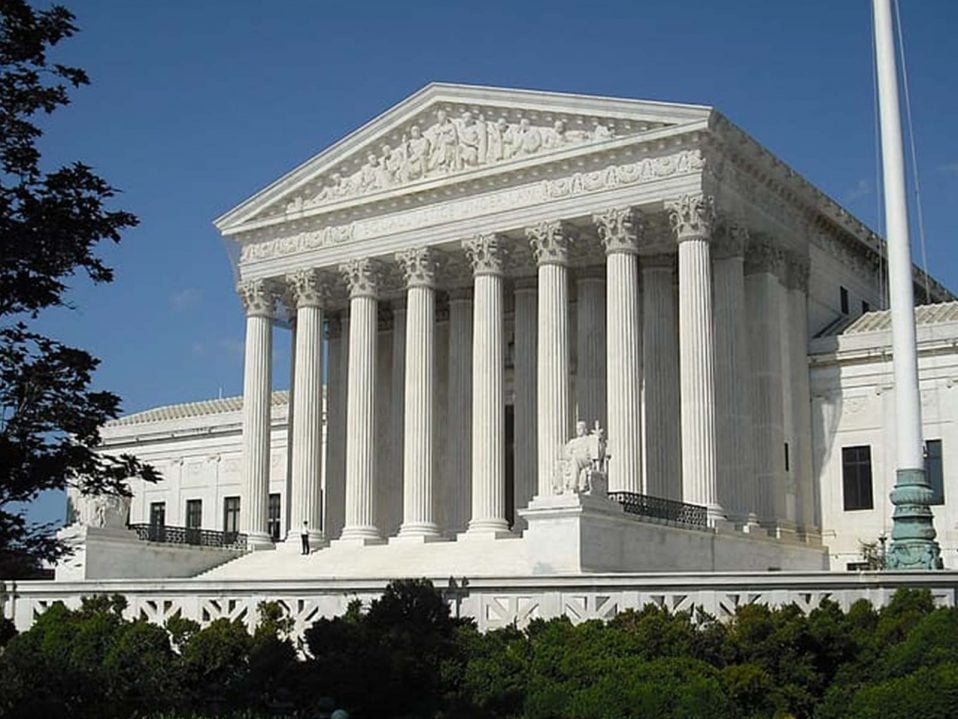Washington, D.C.—The religious equality organization American Atheists condemned today’s 7-2 decision from the U.S. Supreme Court in Little Sisters of the Poor v. Pennsylvania. This ruling upheld the Trump Administration’s regulations allowing employers with religious objections to unilaterally exempt themselves from Affordable Care Act requirements that insurance cover contraception at no cost, without notifying the government they intend to do so.
As a result of this ruling, it will be harder for millions of Americans to access essential health care. Between 70,500 and 126,500 Americans will immediately lose access to no-cost contraceptive services, Justice Ginsburg noted in her dissent.
“Putting the religious beliefs of employers above the health and safety of vulnerable Americans is wrong,” said Alison Gill, Vice President for Legal and Policy at American Atheists. “What about the religious freedom of employees? It is clear that this case has nothing to do with religious freedom, rather it is about the religious privilege of particular faiths.”
In the case, Little Sisters of the Poor argued that completing a half-page form to notify the government that they wished to exempt themselves from the Affordable Care Act’s contraceptive mandate was a “substantial burden” on their religious exercise.
“Little Sisters of the Poor should never have been allowed to trample on reproductive rights over a scrap of paper,” said Geoffrey T. Blackwell, litigation counsel at American Atheists. “To claim that signing a piece of paper is burdensome, let alone substantially burdensome, is absurd.”
Under previous regulations, a religious employer was always obligated to provide the government with notice in order to claim a religious exemption that would allow their employees to still receive contraception coverage. When the Trump Administration modified this regulation to meet the demands of their religious supporters, they failed to meet basic requirements for propagating regulations. Unfortunately, however, the Court eliminated those requirements in order to grant the Administration greater leeway to advance their agenda. Today’s decision may have a significant impact on how the Administration conducts agency rulemaking, loosening restrictions and granting federal agencies greater flexibility.
“This ruling was less about religious freedom than it was about placating the demands of religious extremists who want to control their employees’ bodies and reproductive choices,” said Nick Fish, president of American Atheists. “This decision will send shockwaves through our nation’s healthcare system and put in jeopardy countless other laws that religious employers may object to. Make no mistake: This won’t stop at birth control.”







